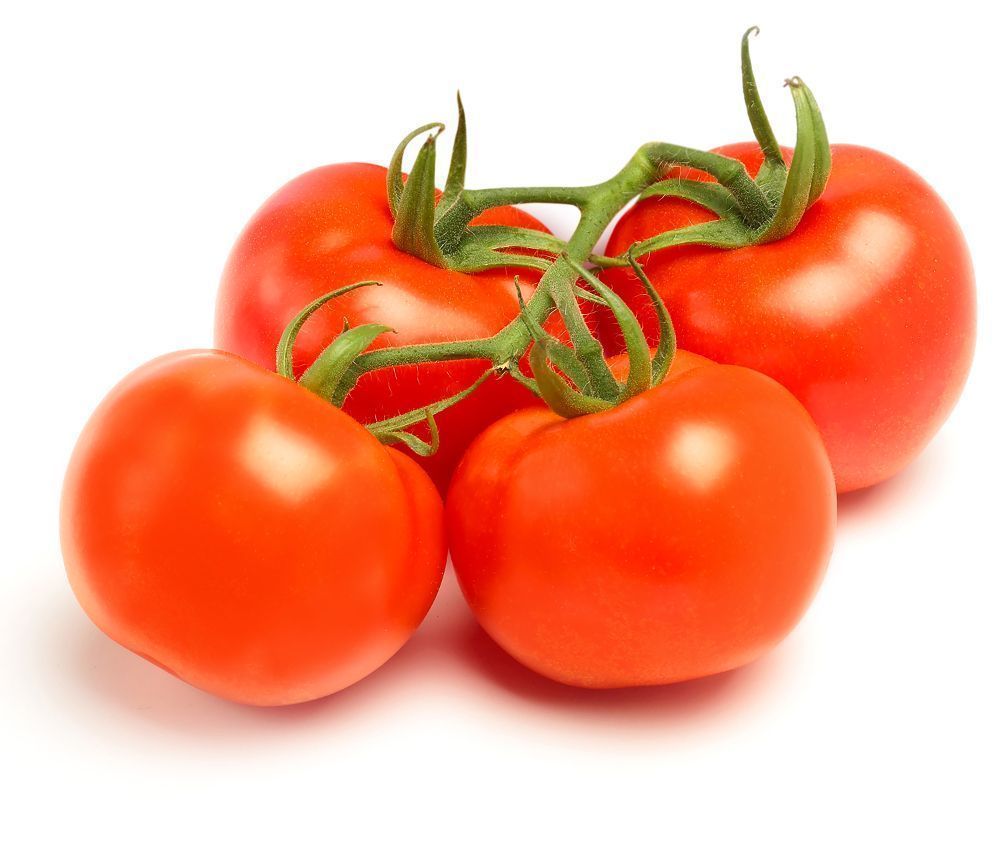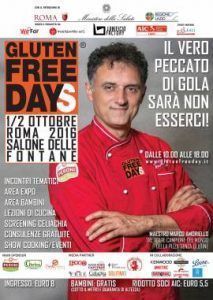Tomatoes the active ingredient can be the key to prostate problems
Tomatoes, the active ingredient can be the key to prostate problems
For some time the king of Mediterranean cuisine has been designed for its therapeutic properties, especially for one of its components, the lycopene. Now, however, a British study claims that the problem suffered by the biggest men of having to do their needs several times especially at night, it could be treated by eating more tomatoes. The researchers discovered that lycopene, a nutritional substance, which gives tomatoes their red color, could potentially reduce the suffering suffered by millions of people. A revision of 67 research studies, published in the Oncology and Cancer Case Reports magazine, suggests that the nutritional substance can be used to slow down the prostate enlargement, which causes this embarrassing condition. With the age most men suffer from an inexplicable expansion of the prostate, which is wrapped around the urinary tract.
The prostate narrows the tube and can block it completely, causing a condition called benign prostatic hyperplasia (BPH). To lead the team of researchers who examined the study is Professor Hiten Patel, from Bart ’ S in collaboration with the Royal London Hospital. “ we knew that the lycopene seems to slow down the development of prostate cancer, but now it seems that it can slow down the enlargement of the prostate as well as the development of the BPH “ he explained. “ we need to do further research before we can say with certainty that it should be recommended as routine prophylaxis for everyone, but the result of this revision is very promising.” The results seem to corroborate previous studies conducted in China, where traditional diets that include a high consumption of fruit and vegetables corresponds to a lower rate of BPH in patients. Other searches of the Bristol University scientists have ascertained that a diet enriched with whole tomato, especially if cooked and with the peel, as happens in the most typical preparations of Mediterranean cuisine, reduces the development of prostate tumors and the inflammatory factors involved in the tumor process. Much more than it can happen by taking on a single component, such as lycopene.
The study simulated laboratory mice, genetically manipulated, the stages of a human prostate cancer. A part of the animals was nourished with cooked tomato extract of the variety “ icing ”, in quantities equal to 10 percent of the daily diet. In this group of subjects survival has increased (from 11 to 67 percent), the tumor evolved more slowly, c ’ it was a greater antioxidant activity.
Dr Athene Lane, main author of the Bristol studio, said: “ c ’ it is certainly something in the lycopene to be investigated further so that we can understand how the mechanism works.” Despite the discovery of lycopene as a potentially useful factor to control prostate expansion, the treatment can be more complicated than a simple eating more tomatoes. This is because the lycopene is not easily absorbable in the blood. However, the researchers believe that this problem can be circumvented with the administration of the nutritional substance, in the form of a supplement of Lactalycopena pill. Having to get up once during the night to go to the bathroom is normal, highlights Giovanni D’Agata, president of the “Rights counter”, but having to do it several times every night can be extremely frustrating and make you feel tired during the day.
This can also be a sign of warning of more serious health problems. Nocturia is an absolutely normal phenomenon in many men over the age of 70 as bladder capacity tends to decrease with age, or for people taking medications because it can be a side effect of diuretics and other drugs used to treat heart conditions and bipolar disorder. Whatever the cause, the effects of regularly disrupted sleep can range from symptoms of depression to a reduced quality of life due to constant fatigue which can be devastating and should definitely be discussed with your GP if it is a recurring problem. Therefore, in the light of these results where experts agree on the protective effects of a balanced and varied diet, rich in fruit and vegetables, the consumption, in addition to tomatoes, of the nutrients most often studied in relation to prostate cancer such as green tea is also important ( rich in antioxidant polyphenols), soy, pomegranate, as well as individual nutrients such as selenium, vitamin D and vitamin E.


